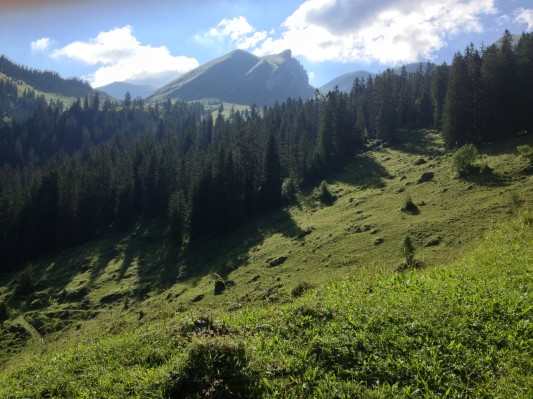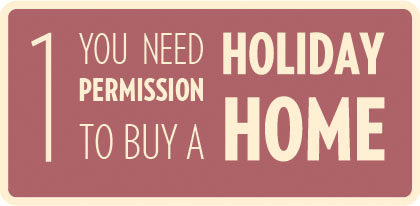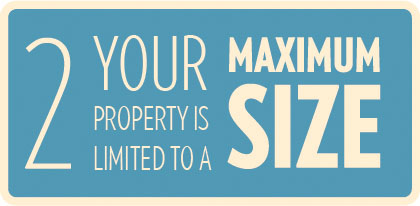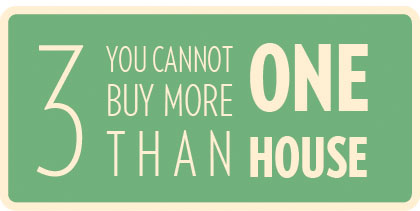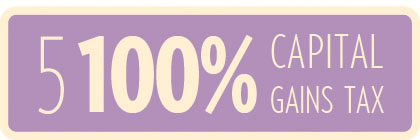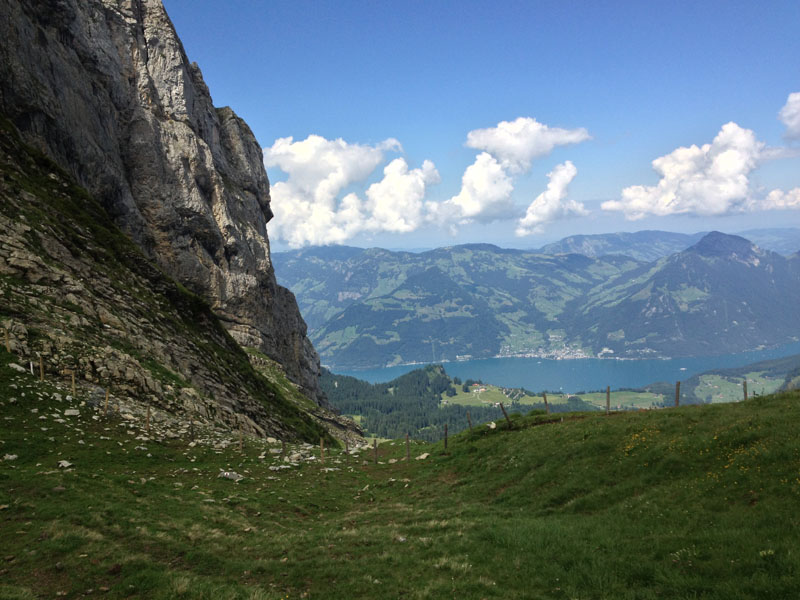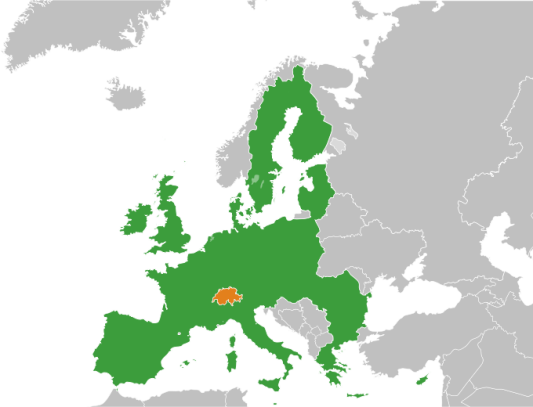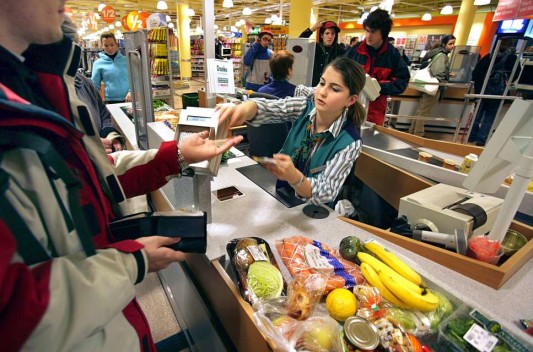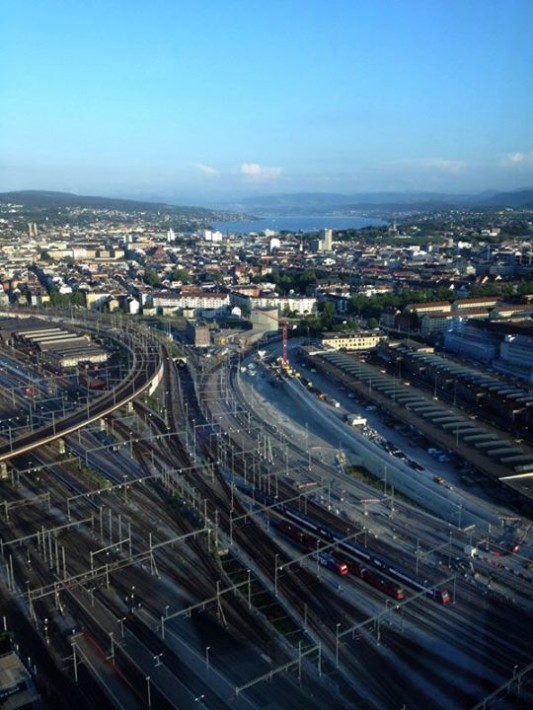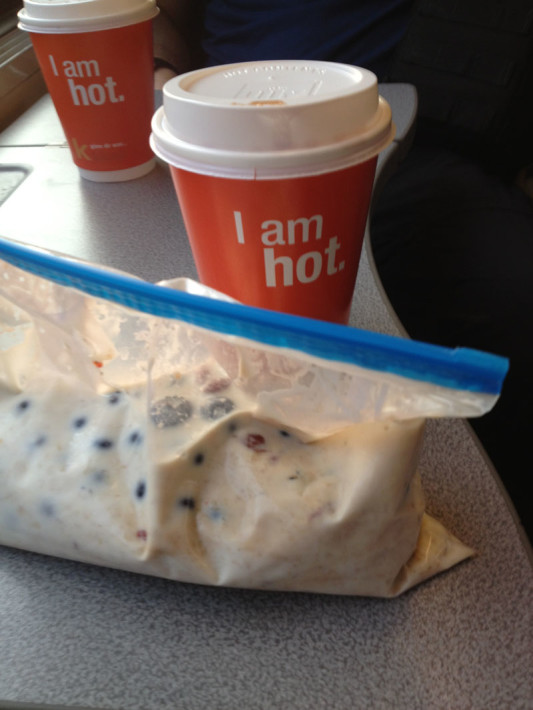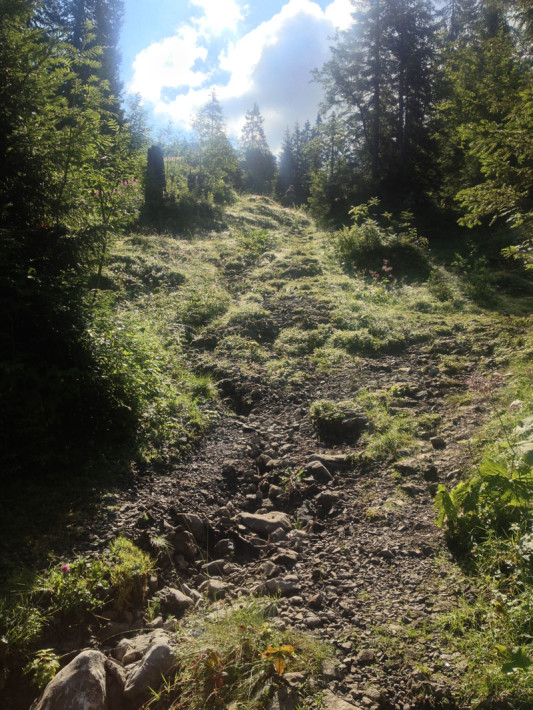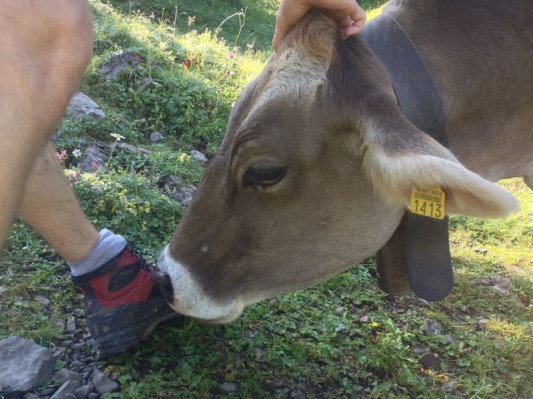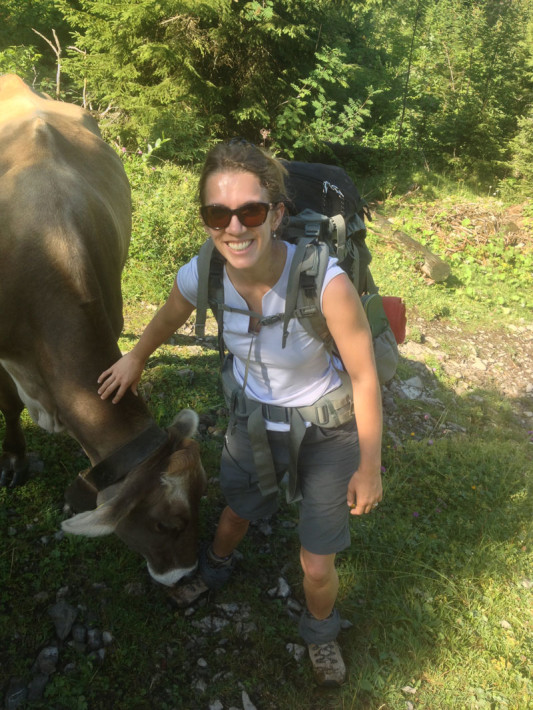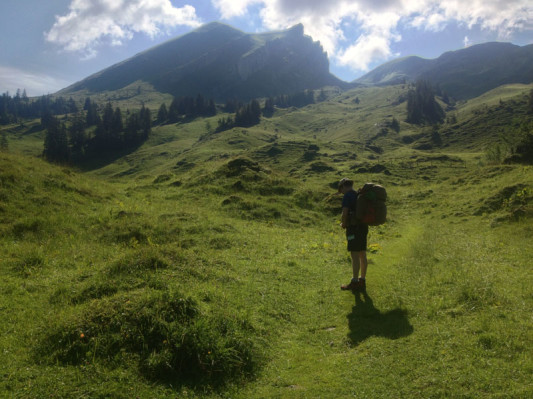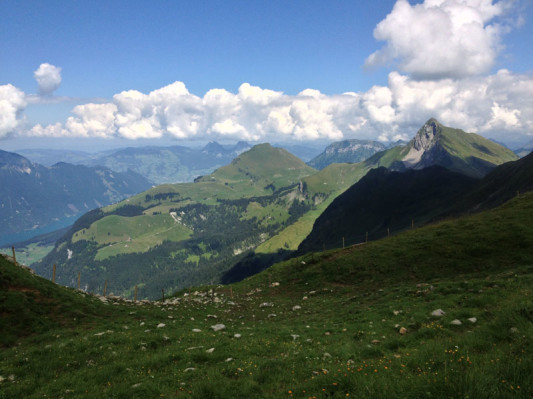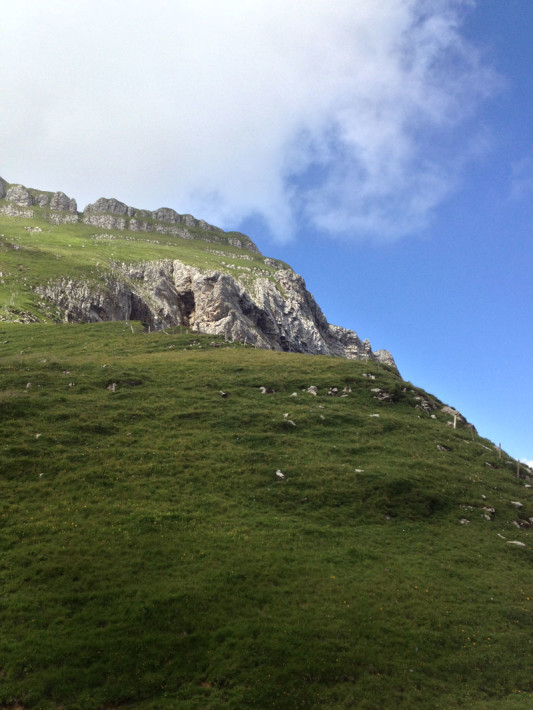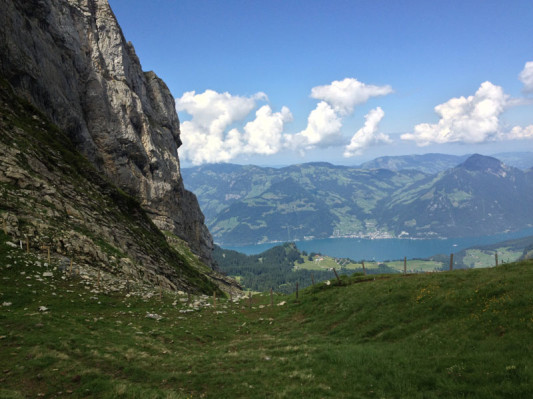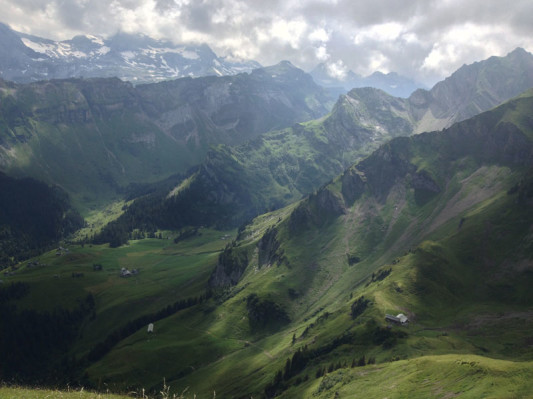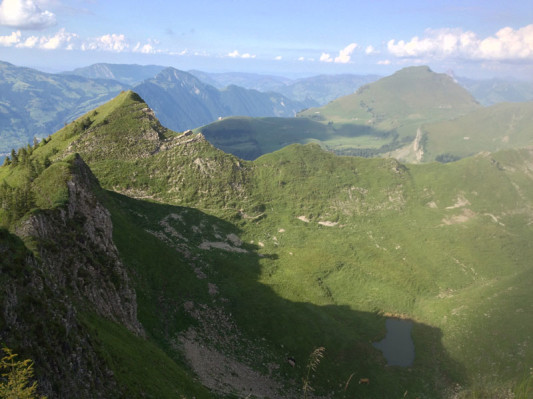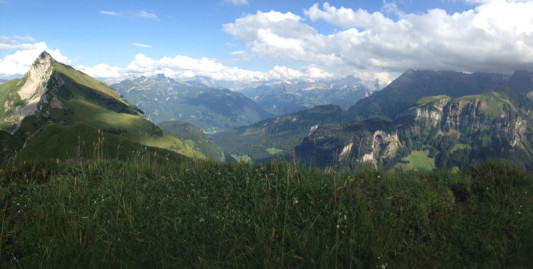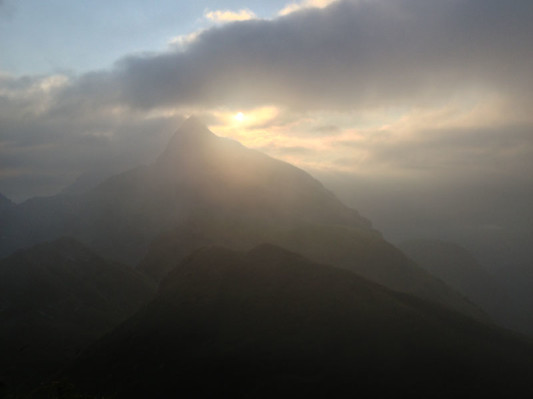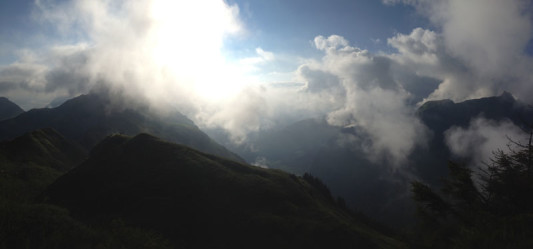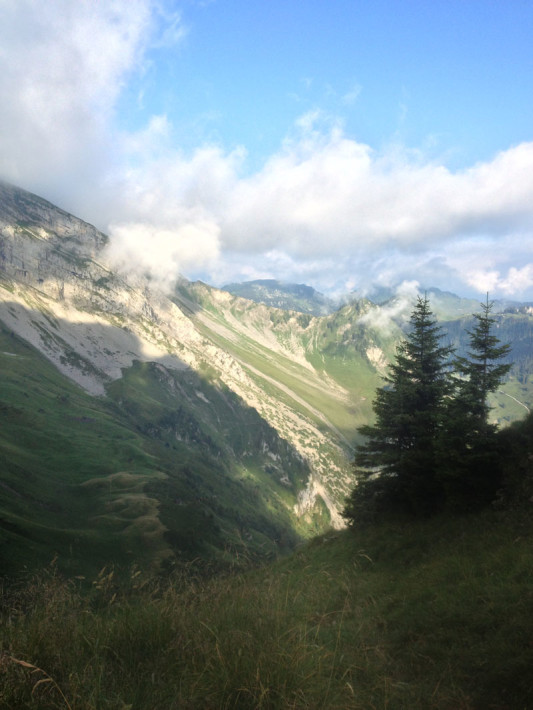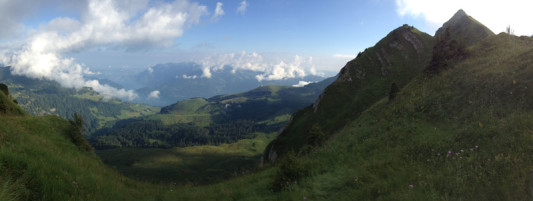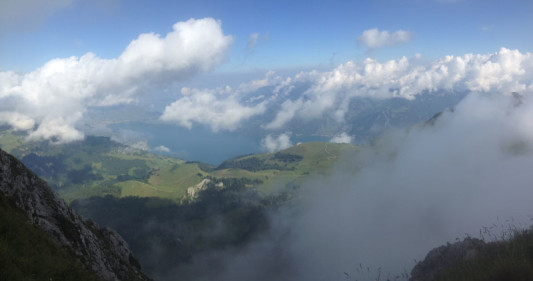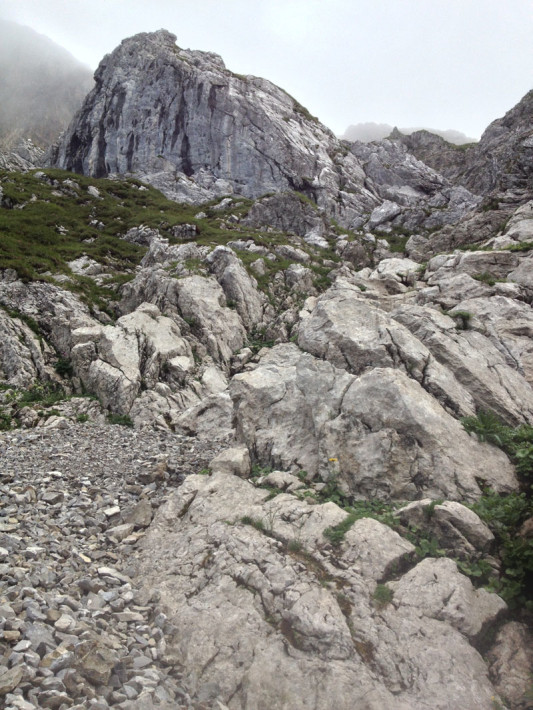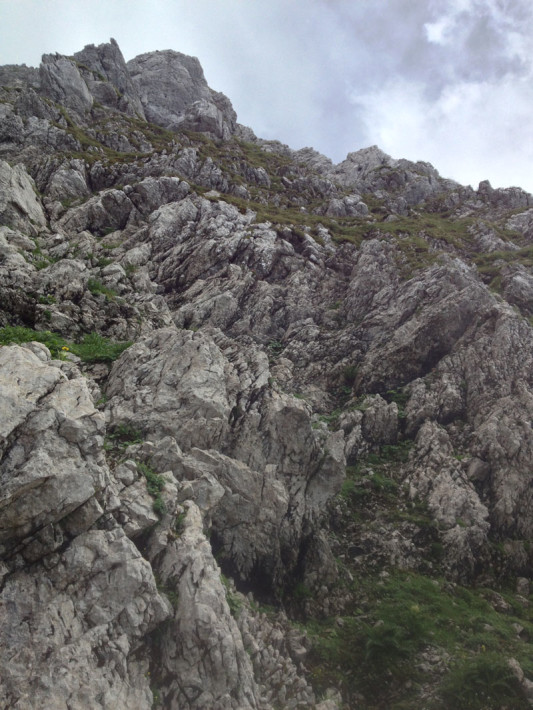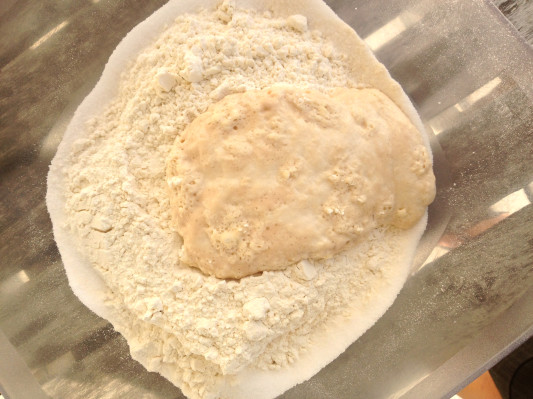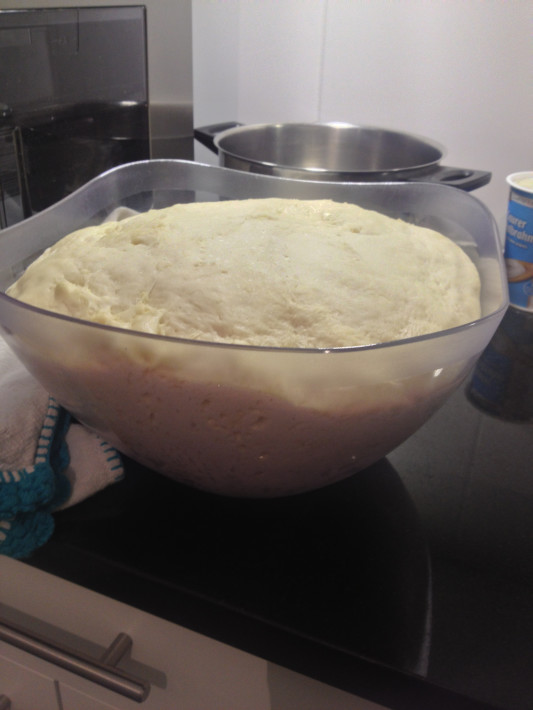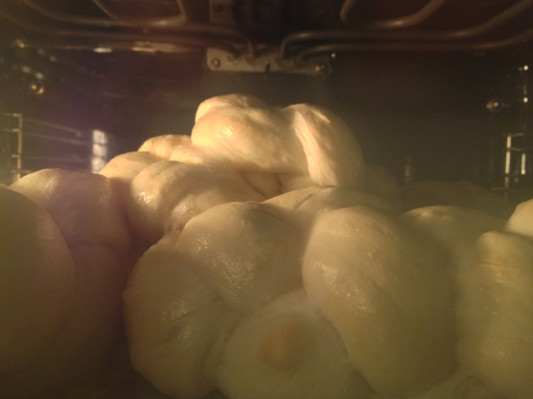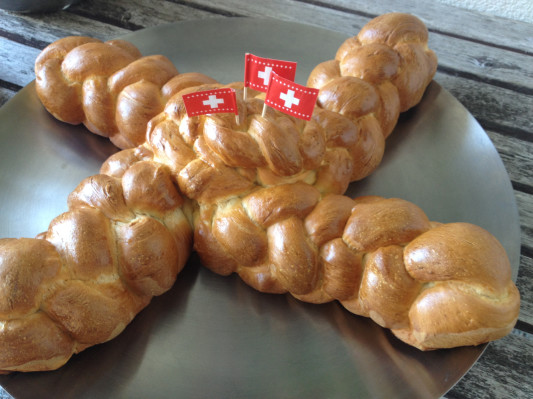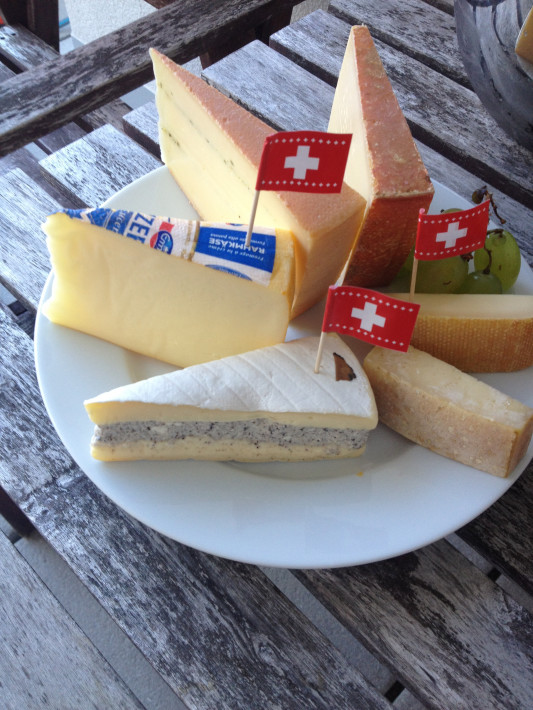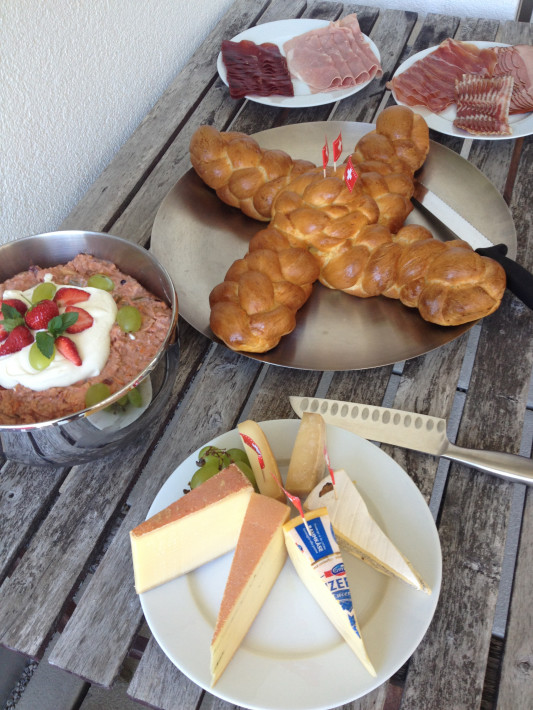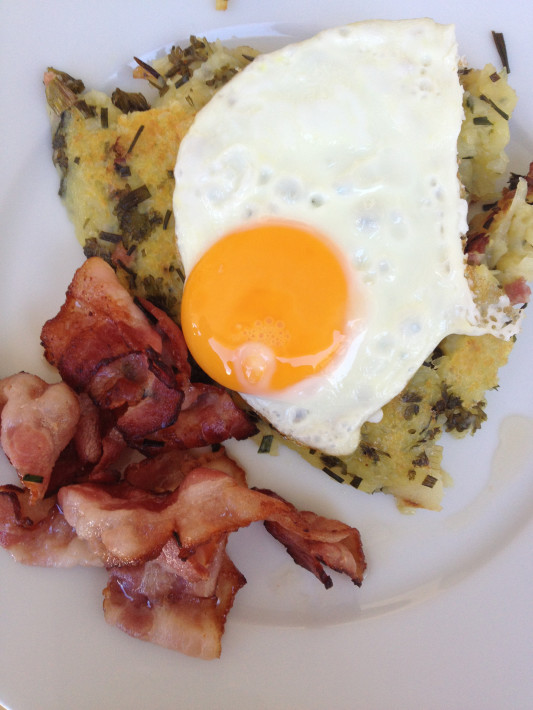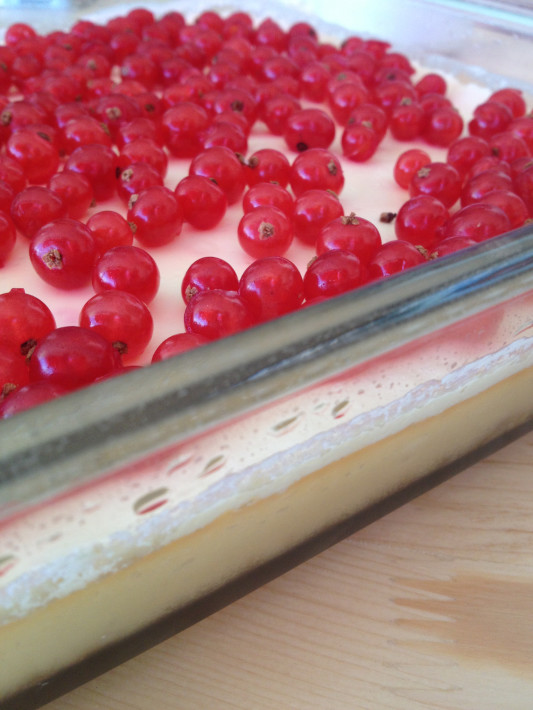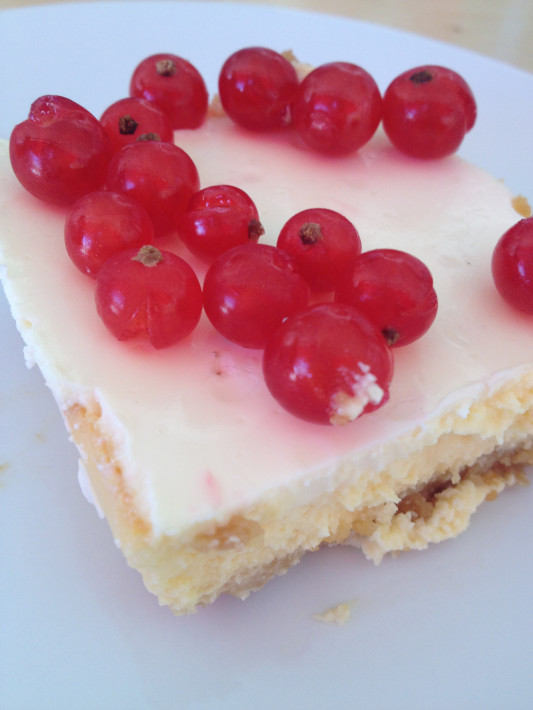Facilitated naturalization, or erleichterte Einbürgerung, is most commonly sought by spouses of Swiss nationals. Children are also eligible for facilitated naturalization if their Swiss citizenship was not claimed at birth. There are lots of different rules if you are living abroad or if you are married or have a Swiss parent, so I am only going to talk about facilitated naturalization for married people living in Switzerland.
Basic requirements:
- Lived in Switzerland for a total of five years, including the last twelve months
- Three years married
You also need to demonstrate basic integration and prove that you don’t pose a risk to others. That means speak the local language and no criminals, please.
I originally came to Switzerland in 2007, but as I was only here for less than three months on a travel visa, I did not need to register with the local authorities, thus that time period does not count towards my five years. I “officially” moved to Switzerland with a permit on November 6, 2008… but my five years in the country was delayed because during the summer of 2009, I needed to remain outside of the country for 2.5 months while I waited for a new visa and permit to process.
Soo… with all that time traveling across the pond, my five years on paper would have been some time in December 2013. By then, Kay and I would have already been married for over three years and of course have spent the last twelve months here.
But I was a little worried because last July we were changing residences and sometimes changing towns can affect your naturalization requirements. With regular naturalization, people need to live in their town or village usually for at least 2-5 of the last years, so I made sure to check when we registered our new address at our local Gemeindehaus.
Anything to do with bureaucracy (or should I say bureaucrazy) is wrought with confusion here. My local town’s contact person told me that I would need to wait an entire year in my new town before applying. He told me to call him again in a year to make an appointment about our next steps. I was disheartened. That would delay my application by almost a year. It didn’t sound right either… I knew I would have to apply for facilitated naturalization directly at the federal level, so I was confused why this local man was telling me there were cantonal requirements about how long I had lived somewhere. It contradicted everything I’d read about facilitated naturalization online.
Seriously, when in doubt here, call someone else. I went to the federal level directly and the nice man from the Bundesamt für Migration told me the local guy was off his rocker and that I had it right. Five years in Switzerland, three years married, apply directly to the BfM. Do not pass go, do not collect 200, do not call the local guy again.
I asked the federal guy to send me the application form so I could prepare to send it in as soon as I had reached my accumulation of five years in Switzerland. Hoorah for not listening to bureaucrats!
Up next… I take on the application auf Deutsch.

